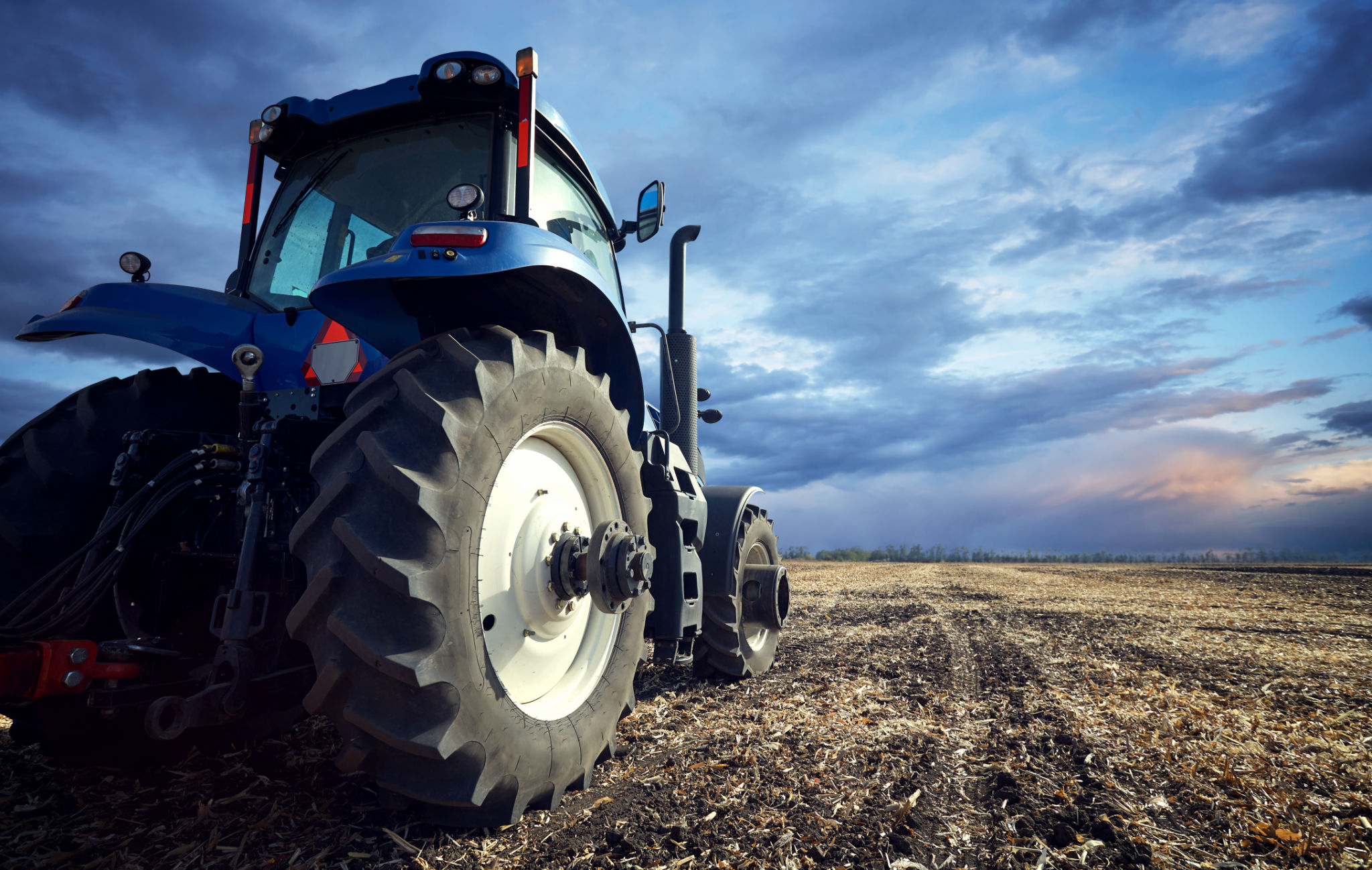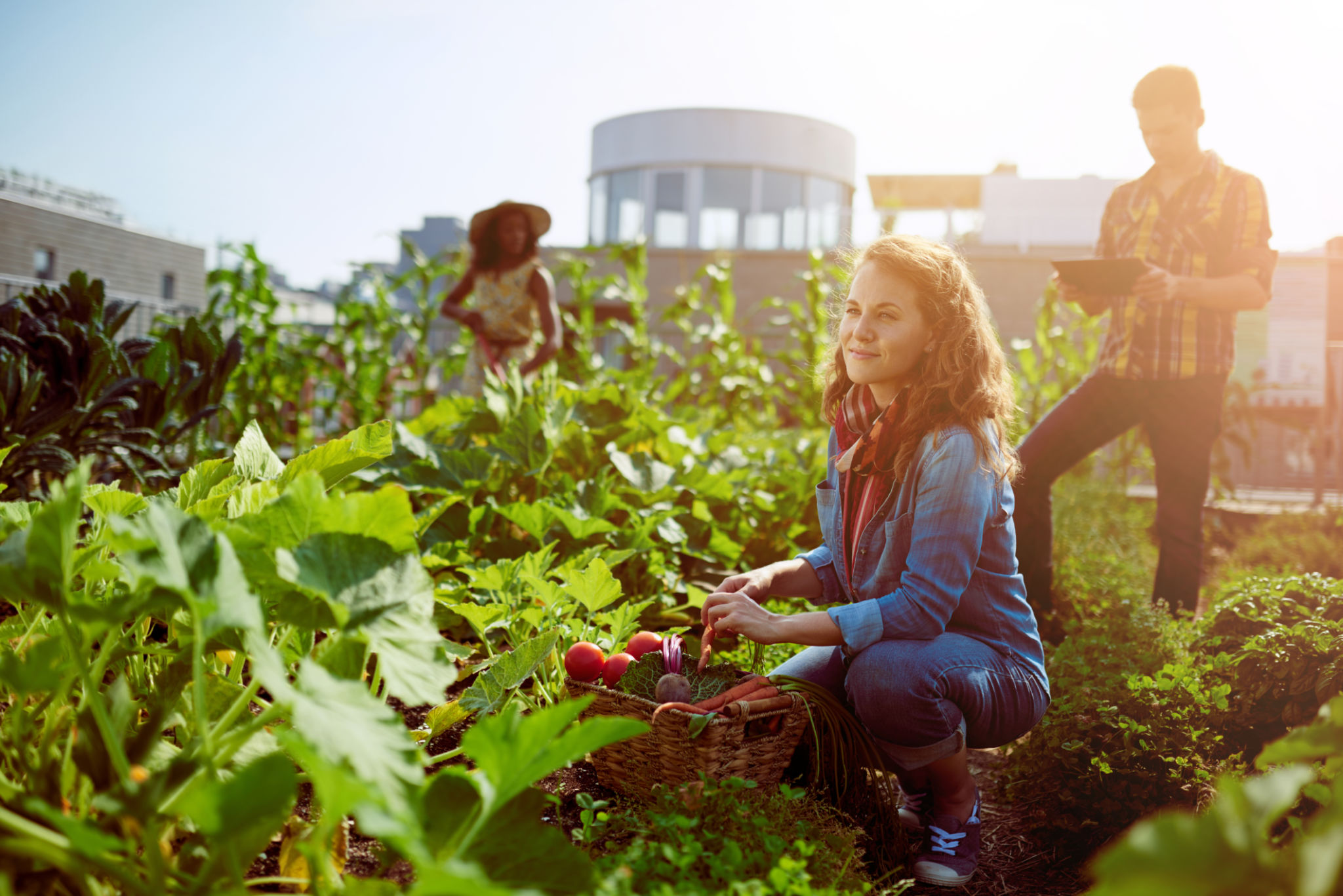Myth-Busting Common Misconceptions About Farming in Gauteng
Understanding Farming in Gauteng
Farming in Gauteng often conjures images of vast rural landscapes and outdated practices. However, the reality is quite different. Gauteng, known for its urban sprawl, is a hub of modern agricultural innovation. Let's explore some common misconceptions about farming in this region and uncover the truth behind them.

Misconception 1: Farming Is Only for Rural Areas
A prevalent myth is that farming is exclusive to rural areas. In Gauteng, urban farming initiatives have taken root, transforming small plots of land into productive agricultural spaces. These urban farms not only provide fresh produce but also contribute to food security within the city.
Urban farms utilize innovative techniques such as vertical farming and hydroponics, which allow crops to be grown in limited spaces. This approach challenges the notion that farming requires vast expanses of land.
Misconception 2: Farming Is Outdated
Another misconception is that farming in Gauteng relies on old-fashioned methods. In reality, farmers in the region are embracing cutting-edge technology to enhance productivity. From drone technology to AI-driven analytics, modern tools are being used to monitor crop health and optimize yields.

These advancements not only improve efficiency but also minimize environmental impact, showcasing how Gauteng farmers are at the forefront of sustainable agriculture.
Misconception 3: Farming Is Only About Crops
While crop farming is a significant aspect of agriculture, it's not the only focus in Gauteng. The province is also known for its livestock farming, including cattle, poultry, and sheep. These operations contribute to the diverse agricultural landscape of the region.
Moreover, many farms are integrating a mix of crop and livestock farming, creating a more resilient agricultural system. This diversification helps manage risks and ensures a steady supply of food products.

Misconception 4: Farming Is Not Environmentally Friendly
Some believe that farming is inherently harmful to the environment. However, many Gauteng farmers prioritize sustainable practices. Techniques such as organic farming, permaculture, and conservation agriculture are widely adopted to preserve soil health and biodiversity.
These practices demonstrate a commitment to eco-friendly agriculture, ensuring that farming in Gauteng can be both productive and sustainable.
The Role of Community in Farming
Community involvement plays a crucial role in dispelling myths about farming in Gauteng. Local farmers' markets and agricultural cooperatives foster a sense of community while educating the public about modern farming practices.

By participating in these initiatives, residents gain a better understanding of where their food comes from and the efforts involved in producing it. This connection helps bridge the gap between urban consumers and rural producers.
Conclusion
Farming in Gauteng is more than meets the eye. By debunking these common misconceptions, we can appreciate the innovative and sustainable practices shaping the agricultural landscape of this vibrant region. Whether through urban farming or advanced technology, Gauteng farmers are paving the way for a future where agriculture thrives alongside urban development.